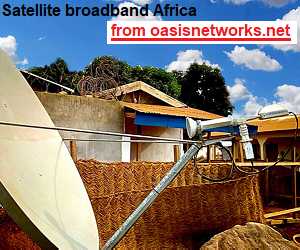Could be due to several things - most likely first...
1. Corrosion of the F type coax connector at the LNB. The pin may no longer be bright shiny metal and not long enough. The outer cable braid/foil sheath may have corroded/turned white/vanished due to moisture. Watch the SNR while someone waggles the connectors at both ends of the LNB cable. Try a short test cable with new connectors. Corrosion due to dampness normally goes several feet into the cable from the end.
2. Dish pointing error due to dish movement. Is it loose ? Does it move in the wind ? Does the SNR change and possibly increase back up towards 13 when gently pressure is applied to the dish ? If your dish is mispointed so as to reduce your receive SNR from 13 to 8 or 4 then your transmit performance will have deteriorated far more. Ask the hub if your link to the hub has deteriorated - either with low SNR at the hub or excessive power now needed at your remote compared with what it was at initial installation.
3. Water in your feed.
4. Problems at the hub. Ask if it is just your site that is affected or are all sites affected?
5. WiMAX terrestrial Interference. If you are operating in C band, there is a possibility that a new terrestrial service has started up nearby with a mast, using frequencies at the lower end of C band. WiMAX causes severe problems to C band satellite operation, particularly in towns in Africa and Middle East. Sometimes the problem may be reduced by
moving the satellite dish so it is well hidden from the interfering source. Using an old 3.7-4.2 GHz LNB and matching transmit reject filter, rather than a modern super wideband 3.4-4.2 GHz LNB has helped in some cases.
Expensive filter solutions may work if the interferer is not at the same frequency as your wanted signal. Maybe ask the interferer to move to lower frequency. Maybe move your satellite service to higher frequency.
6. Cross pol satellite interference. Uplink: Maybe a new service has started up using the opposite polarisation and they are interfering into the satellite. In this case all sites are affected. Ask the hub. Downlink: If there was no one using the opposite polarisation and now someone has started you may receive cross-pol interference if your antenna isolation is poor. Cross-pol interference is unlikely in circular polarisation systems as they normally work perfectly or not at all. Linear polariation systems often have problems due to skill needed to adjust correctly.
Best regards, Eric.


